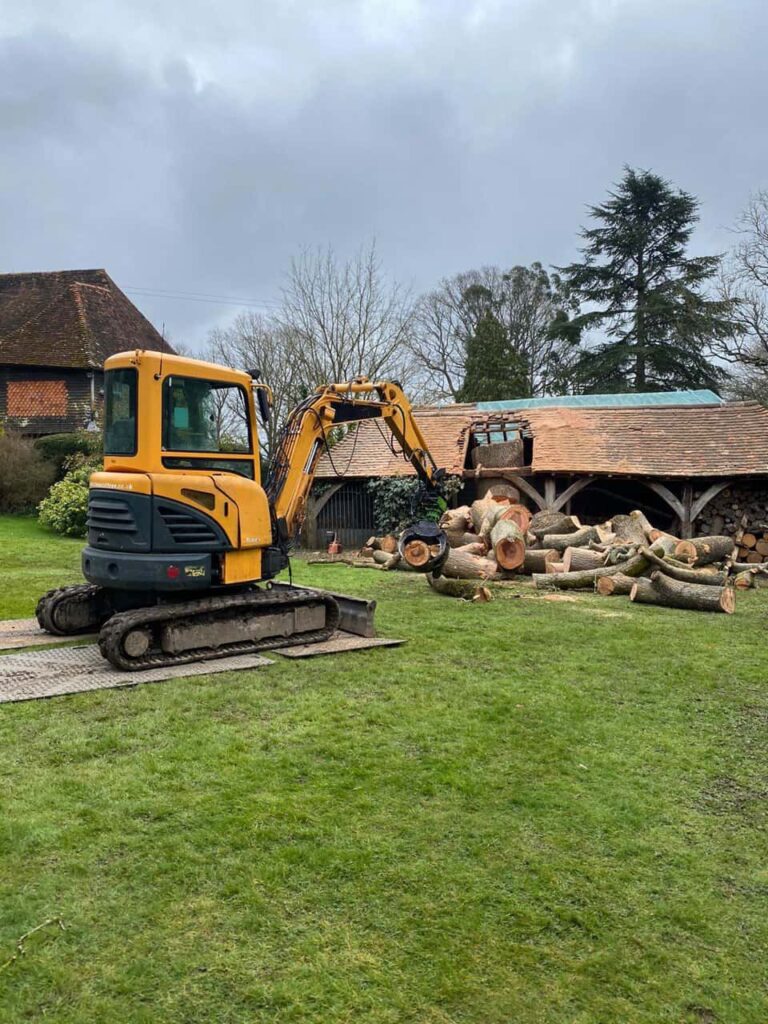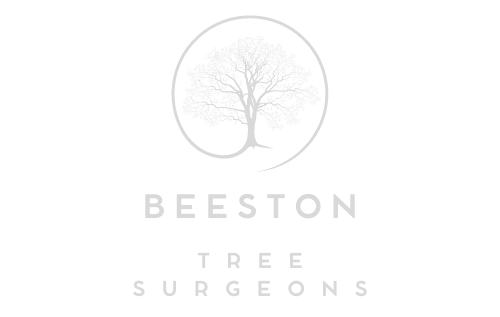The Role of Tree Surveys in Urban Planning: Shaping Sustainable Cities
Introduction: As urbanisation continues to rise, cities worldwide face the challenge of balancing development with environmental preservation. Trees, with their numerous benefits, play a pivotal role in creating sustainable and livable urban environments. In this blog post, Beeston Tree Surgeons explores the critical role of tree surveys in urban planning and how they contribute to shaping sustainable cities.
The Importance of Urban Trees:
- Air Quality: Trees act as natural air filters, removing pollutants and releasing oxygen, improving air quality in densely populated urban areas.
- Climate Mitigation: Trees sequester carbon dioxide, helping mitigate the effects of climate change by reducing greenhouse gas emissions and lowering urban temperatures through shade.
- Biodiversity: Urban trees provide habitats for wildlife, contributing to urban biodiversity and fostering a sense of connection to nature.
- Aesthetic Value: Trees enhance the aesthetic appeal of cities, making urban environments more attractive and improving the quality of life for residents.
The Role of Tree Surveys:
- Inventory and Assessment: Tree surveys catalogue and assess all trees within a designated area. This data collection is the foundation of informed urban planning.
- Health and Risk Assessment: Tree surveys evaluate the health and condition of urban trees, identifying potential hazards like deadwood or disease that require attention.
- Species Identification: Identifying tree species allows planners to leverage each tree’s unique qualities and tailor urban designs accordingly.
- Canopy Coverage: Surveys measure canopy coverage, helping planners determine the extent of shade and its potential benefits in reducing heat island effects.
How Tree Surveys Shape Sustainable Cities:
- Tree Protection: Survey results inform decisions on tree preservation during construction and development projects, ensuring the retention of valuable trees.
- Strategic Planting: Urban planners use survey data to strategically plant trees in areas lacking green infrastructure, enhancing urban greenery.
- Disease Management: Early detection of diseases through surveys enables prompt action to prevent the spread of tree infections.
- Urban Greening: Tree surveys guide the development of urban green spaces, parks, and tree-lined streets that improve residents’ well-being.
Case Study: Beeston’s Green Initiatives:
Beeston’s commitment to sustainability includes proactive tree surveys as part of its urban planning. Recent initiatives include:
- Tree Preservation: Protecting mature trees during construction projects to maintain the town’s green character.
- Tree Planting: Strategic planting of native trees in public spaces, promoting biodiversity and beautification.
- Tree Health: Regular surveys and monitoring to promptly identify and address potential tree health issues.
Conclusion: Tree surveys are invaluable tools for urban planners striving to create sustainable cities. By understanding urban tree populations’ composition, health, and potential, cities like Beeston can make informed decisions that balance development with nature preservation.
Call us on: 0115 647 1187
Click here to find out more about Beeston Tree Surgeons
Click here to complete our contact form and see how we can help with your tree’s needs.

